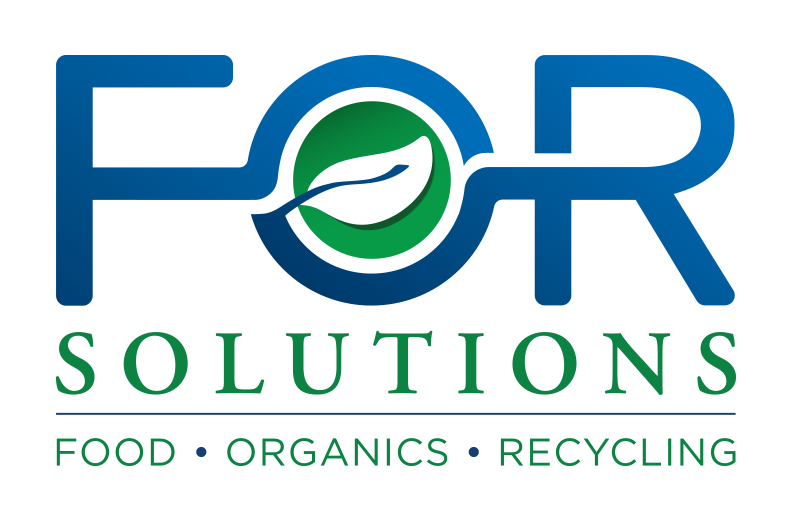Why Pulping Uneaten Food is Not A Good Idea
Water is often referred to as a universal solvent because more substances will dissolve in it and any other liquid on the planet. Many of the nutrients found in food are dissolved in the water that typically makes up about 70% of the food that we eat. When uneaten food is composted using the patented FOR Solutions technology, the heat generated by the microbes that digest the food is sufficient to vaporize some of the water causing it to evaporate. When water is vaporized, the nutrients in it remain in the substance from which it is removed. These nutrients contribute to the benefits compost offers as a soil amendment.
When uneaten food is pulped, the water is mechanically squeezed out of it. Mechanical extraction is not the same as vaporization insofar as the dissolved nutrients remain in the water and are removed from the material to be composted. So, if the remaining material is then composted, it will potentially have a lower amount of vital nutrients than material for which the water-soluble nutrients remain. If the nutrient-rich extracted water us then discharged into the sanitary line, there are serious questions about the potential harm it may cause to pipes and wastewater treatment facilities.
For compost to be maximally beneficial as a soil amendment, it must contain as many vital nutrients as possible. Wasting them by simply pouring them down the drain is not a good idea.


